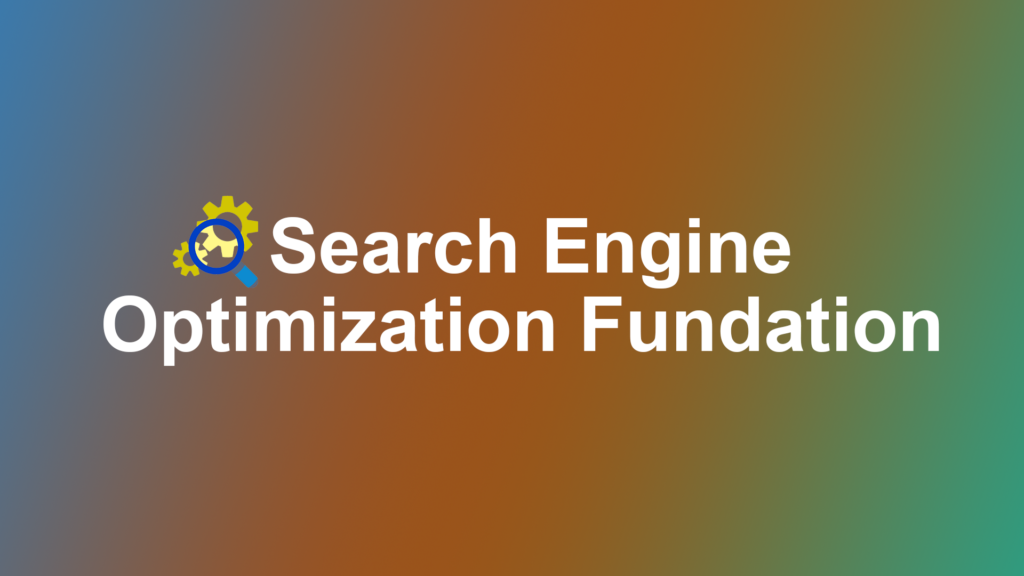What is Apigee, and what role does it play in API management?
Apigee is a comprehensive API management platform that facilitates the creation, deployment, and management of APIs. It provide tools for designing, securing, and analyzing APIs, ensuring efficient development and optimal performance. Apigee enables organizations to connect and scale their digital initiatives by managing the complete lifecycle of APIs.
Explain the key components of Apigee Edge.
Apigee Edge, a comprehensive API management platform, consists of key components:
API Proxies: Intermediaries managing API requests and responses.
API Products: Bundles of APIs packaged for developer consumption.
Developer Services: Tools and portals for developer engagement and collaboration.
Analytics: Monitoring and insights for API performance and usage.
Security: Access control, traffic management, and authentication.
Extensions: Customizable features to enhance functionality.
Monetization: API package and rate plan management for revenue generation.
Environments: Deployment spaces for API testing and execution.
How do you create an API proxy in Apigee, and what are the essential configuration steps?
To create an API proxy in Apigee, log in to the management UI, access “API Proxies,” and select “Create API Proxy.” Specify details, set virtual hosts, configure API paths, implement policies for security and traffic management, define resources and methods, test using Apigee tools, save changes, deploy to the desired environment, and monitor analytics. Documenting in the developer portal is optional for external developer consumption.
Describe the purpose and functionality of an API Gateway. How does it differ from API management?
An API Gateway serves as an intermediary for API requests, managing security, traffic, and protocol translation between clients and backend services. It focuses on runtime functionalities. In contrast, API management spans the entire API lifecycle, including design, documentation, analytics, and developer collaboration, offering a comprehensive framework for API development and maintenance.
What are the security mechanisms provided by Apigee to protect APIs?
Apigee employs robust security measures to safeguard APIs. This includes OAuth 2.0 for token-based access control, API keys for authentication, quota and spike arrest policies for traffic management, and TLS/SSL encryption to secure data in transit. Additionally, threat protection policies defend against common vulnerabilities in payloads.
How does Apigee handle traffic management, and what are the common strategies for rate limiting?
Quota Policies: Set limits on the number of requests over time.
Spike Arrest Policies: Prevent sudden traffic spikes by limiting requests per second.
Token Bucket Algorithm: Regulate flow using tokens.
These strategies ensure optimal API performance, prevent abuse, and maintain a balanced interaction between client applications and backend services.
Explain the role of policies in Apigee Edge and provide examples of different types of policies.
Policies in Apigee Edge define act governing API behavior. They encompass security, traffic management, and data modification. Examples contain OAuth 2.0 for secure authorization, Quota to control request rates, XML/JSON Threat Protection for security. These policies are configured to tailor API proxies, ensuring effective and secure API management.
What is API analytics, and how can it be utilized in Apigee for monitoring and improving API performance?
API analytics in Apigee involves tracking and analyzing data related to API usage. It provides insights inside traffic patterns, mistake, and performance metrics. By monitoring analytics, organizations can identify areas for improvement, optimize API performance, and enhance overall reliability.
How does Apigee support OAuth 2.0 for API security?
Apigee robustly supports OAuth 2.0 for API security by employing specialized policies for token generation, validation, and authorization. Seamlessly integrating with identity providers, it enforces stringent access controls to provide a secure authentication framework. This ensures the protection of APIs and sensitive data throughout the entire API management lifecycle.
Explain the purpose of API management.
API management facilitates the creation, deployment, monitoring and optimization of APIs. It ensures secure, controlled, and efficient interactions between supplication, enabling organizations to deliver robust and scalable digital solutions.
Can you explain the concept of API lifecycle management in Apigee?
API lifecycle management in Apigee involves the end-to-end control of APIs, from design to retirement. It encompasses API creation, versioning, deployment across environments, monitoring, and retirement. Apigee provides tools for designing, testing, securing, and analyzing APIs, ensuring their effectiveness, reliability, and alignment with organizational goals throughout their lifecycle.
What is the purpose of the developer portal in Apigee, and how does it facilitate developer collaboration?
The Apigee developer portal serves as a concentrate hub for API documentation and collaboration. It streamlines developer onboarding, provides code samples, and fosters communication, facilitating efficient collaboration and API usage.
How can Apigee integrate with backend systems and external services?
Apigee integrates with backend systems utilize API proxies and connectors, enabling ordered transmission and data exchange with external services.
Describe the process of deploying APIs in Apigee?
To deploy APIs in Apigee, create and design the API proxy, select the desired revision, decide on the deployment environment, validate functionality, monitor performance, document exchanges.
Explain the role of API keys in Apigee?
In Apigee, API keys serve as authentication credentials allowing clients to access APIs securely. They enforce access control policies, regulate usage quotas, enhance security, and provide analytics insights.
How does Apigee help in API security?
Apigee enhances API security through OAuth 2.0 support, API key authentication, traffic encryption (TLS/SSL), XML/JSON threat protection, customizable security policies. It provides a comprehensive framework for access control, threat mitigation, and secure communication, safeguarding APIs and sensitive data.
How does Apigee support versioning of APIs?
Apigee supports API versioning through proxy revisioning, base path differentiation, and endpoint versioning. It enables URL rewriting for backward compatibility, traffic splitting during deployment, and analytics insights for performance monitoring. Developer communication tools ensure effective collaboration during version updates.
Discuss the options for customization and extensibility in Apigee.
Apigee offers extensive customization and extensibility options. Developers can employ custom scripts, policies, and extensions, allowing integration of custom code and logic. Extractors, analytics events, and reports can be customized. These features empower organizations to tailor Apigee to meet unique API management requirements and achieve seamless integration with diverse systems.
Can you provide examples of Apigee policies used for transformation and manipulation of API requests and responses?
To design a RESTful API in Apigee, define resource URIs, HTTP methods, request/response formats, and error handling. Use Apigee’s API proxy features to enforce security, traffic management, and data transformation policies. Leverage API products for access control, and ensure adherence to RESTful theory for a scalable and maintainable design.
What is the purpose of the Quota policy in Apigee?
The Quota policy in Apigee controls the rate at which clients can make API requests. It sets limits on the number of requests over a specified time, preventing abuse and ensuring fair usage.










